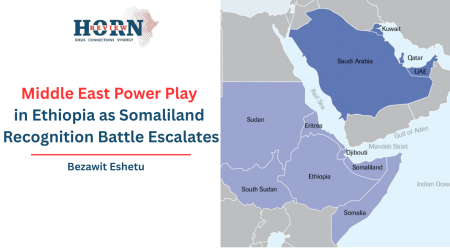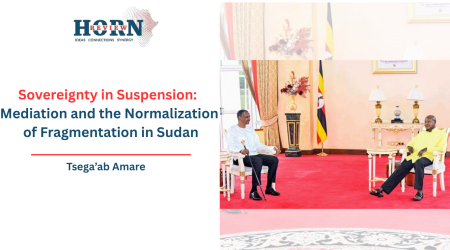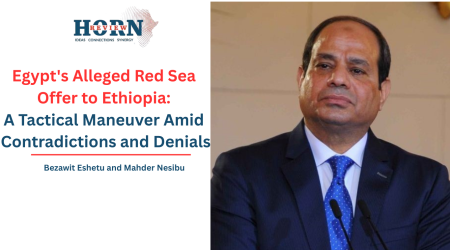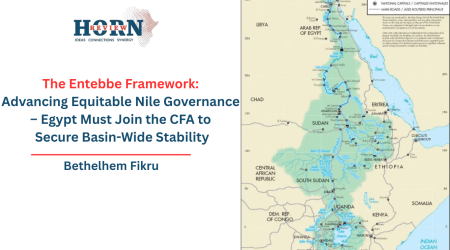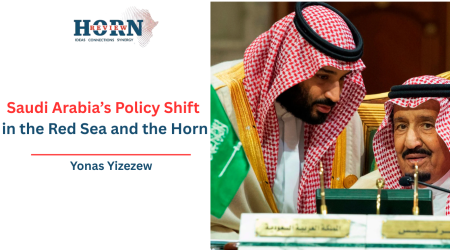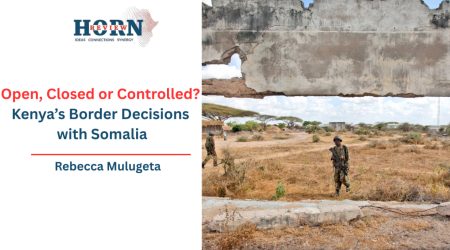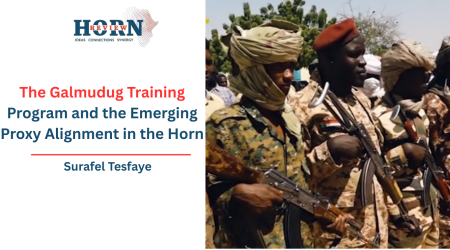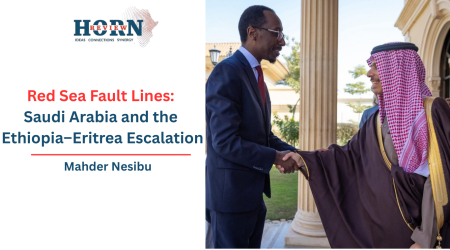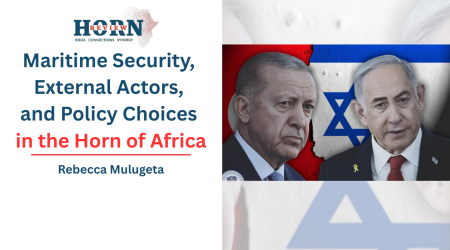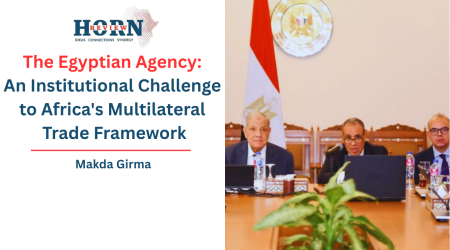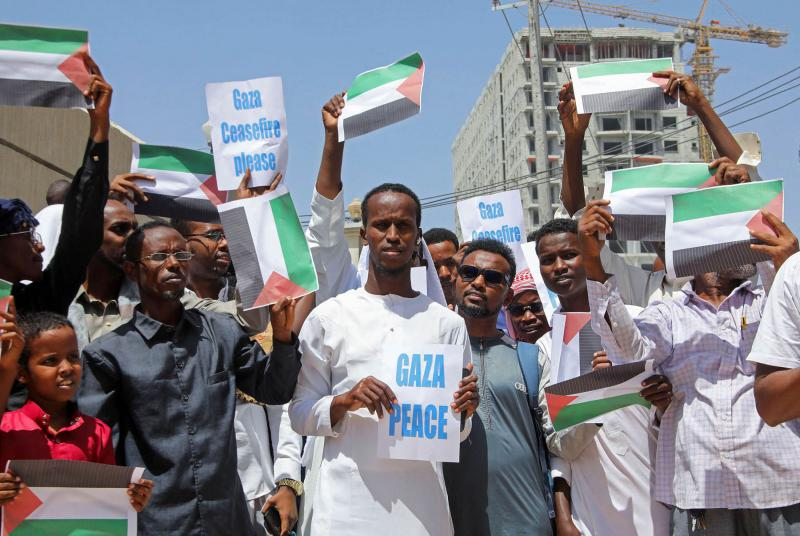
15
Sep
The Geopolitical Blackmail Of Somaliland, Palestinian Relocation, And the Crisis Of International Morality
The recent alleged proposition between Somaliland and Israel regarding the potential relocation of Palestinians from Gaza has started a diplomatic controversy and moral questioning. While Somaliland’s Foreign Minister Abdirahman Dahir Adan has categorically denied any such talks, telling Reuters that “there are no talks with anyone regarding Palestinians,” the persistence of this narrative in international media demands critical examination. The geopolitics behind such a proposition however preliminary or speculative reveals the interplay between recognition seeking territories, great power competition, and the desperate search for solutions to protracted humanitarian crises. This situation forces us to confront uncomfortable questions about how sovereignty is negotiated in the modern international system and at what human cost.
The reporting by Al Jazeera, despite official denials, has gained sufficient traction to warrant serious analysis because it exists within a broader pattern of geopolitical bargaining in the Horn of Africa. The region has become an arena for great power competition, with the United States, China, Turkey, and the UAE all establishing military bases and economic partnerships throughout the Horn. In this context, the prospect of Somaliland trading strategic concessions for international recognition becomes somewhat plausible, if not yet verified. The territory’s strategic location along the Gulf of Aden, with its 460-mile coastline near the critically important Bab al-Mandab Strait, positions it as a valuable piece in the geopolitics where global powers seek to secure maritime routes and counter regional threats.
Somaliland’s pursuit of international recognition represents one of the most protracted and perplexing cases in modern international relations. Having declared independence from Somalia in 1991 after a brutal civil war that claimed hundreds of thousands of lives, Somaliland has built a functioning democracy with its own constitution, government, military, and currency. The territory has been notably more stable than the rest of Somalia, with Freedom House rating Somaliland forty seven out of one hundred in 2025 compared to Somalia’s score of just eight.
So the question is how much compromise is acceptable to achieve a long sought goal? The territory has previously engaged in strategic partnerships that drew international attention, such as the memorandum of understanding signed with Ethiopia in January 2024 that implied eventual recognition in exchange for port access. The question now becomes whether the territory would consider more ethically contentious arrangements, such as participating in the resetlement of displaced Palestinians, despite the potential humanitarian repercussions and risk of regional destabilization.
The role of the United States in this potential arrangement deserves particular scrutiny. The Trump administration has reportedly considered recognizing Somaliland, with several high-profile Republicans endorsing a bill to recognize it as an independent state. During a news conference at the White House in early August 2025, President Trump addressed the issue of recognition in connection with the Palestinian question, stating “We’re looking into that right now… Good question, actually, and another complex one, but we’re working on that right now”. This ambiguity from the U.S. administration, combined with influential voices like Senator Ted Cruz who has received nearly $2 million in funding from pro-Israel lobby groups pushing for recognition, suggests that the proposition may extend beyond just speculation.
This is believed that U.S. and Israeli meddling in Somaliland under the pretext of relocating Palestinians would create significant opportunities for armed groups. A Palestinian relocation programme, especially one perceived as externally imposed and aligned with Israeli wishes, would provide these groups with an unbelievably potent propaganda tool, allowing them to position themselves as defenders of both Somali unity and Palestinian dignity against what they could characterise as a cynical Western-Israeli scheme . This radicalization risk represents a serious threat not only to Somaliland but to the entire region, potentially undoing years of counterterrorism efforts and peace building initiatives.
The potential recognition of Somaliland in exchange for accepting relocated Palestinians would establish a dangerous precedent for African international relations. The African Union has consistently supported Somalia’s territorial integrity, adhering to the principle of uti possidetis maintenance of colonial borders that has guided post colonial African diplomacy since the 1960s . Breaking with this principle could encourage other separatist movements across the continent, potentially destabilizing the carefully maintained consensus on border integrity that has prevented numerous conflicts.
Africa already hosts significant refugee populations, with approximately 789,000 refugees in Ethiopia alone . The continent has demonstrated remarkable solidarity with displaced people, but the prospect of external population transfers raises ethical questions about the commodification of African territory for solving other regions’ political problems. The very act of entering into such a compact with the US and Israel speaks to the lingering power asymmetries between African leaders and global powers , it symbolises a lack of independence on the part of Somaliland leaders . This power asymmetry threatens to perpetuate neo-colonial patterns where African territories become pawns in geopolitical games by external powers.
The proposed arrangement raises serious questions under international legal frameworks governing population transfer and refugee protection. The Fourth Geneva Convention explicitly prohibits individual or mass forcible transfers from occupied territories, while the Rome Statute of the International Criminal Court defines the deportation or forcible transfer of population as a war crime. From a moral philosophy perspective, the proposition represents a troubling utilitarianism where the suffering of one group might be instrumentalized to address the political aspirations of another .This c ignores the dignity and rights of both populations, reducing human beings to pawns in geopolitical gamesmanship. The ethical compromise required from Somaliland potentially participating in what many would view as ethnic cleansing creates a moral hazard that could undermine the very legitimacy that recognition would supposedly confer.
The alleged proposition regarding Somaliland’s recognition in exchange for accepting relocated Palestinians whether ultimately verified or not reveals the crisis of values in contemporary international relations. The fact that such speculation can circulate with sufficient credibility to demand serious analysis demonstrates how far politics has diverged from ethics. It raises fundamental questions about whether the international community has learned from historical experiences with population transfer and territorial exchange, particularly their devastating human consequences and long-term destabilizing effects.For Somaliland, the recognition quest must be balanced against the moral and strategic costs of potential partnerships. Short term diplomatic gains achieved through ethically questionable arrangements may ultimately undermine the territory’s long-term legitimacy and stability.
By Samiya Mohammed, Researcher, Horn Review
References
- Al Jazeera. Somaliland recognition for forced transfer of Palestinians? ‘Not worth it’. Yahoo News. https://www.yahoo.com/news/articles/somaliland-recognition-forced-transfer-palestinians-072047653.html
- Norman, J. (2025). Geopolitical bargaining in the Horn of Africa: Somaliland’s recognition and Palestinian relocation. Danish Institute for International Studies.
- Lagat, M. C. (2025, June 11). Resettlement or relocation? The politics of Palestinian resettlement in Eastern Africa. Refugee Law Initiative Blog.
- Finkelstein, N. (2022). Population transfer in international law: Historical and contemporary perspectives. Oxford University Press.
- Kabandula, A. (2024). Rising tensions in the Horn of Africa: Ethiopia, Somaliland, and potential regional instability. Wilson Center.
- Guterres, A. (2025, July 25). Gaza: A moral crisis that challenges the global conscience. United Nations.
- Bulushi, S. al. (2025). Power asymmetries and neo-colonialism in African diplomacy. University of California, Irvine.
- Arage, M. (2024). Legal basis for unilateral secession of Somaliland from Somalia. SSRN.
- Amnesty International. (2025). Annual report on human rights and population transfers. Amnesty International.

